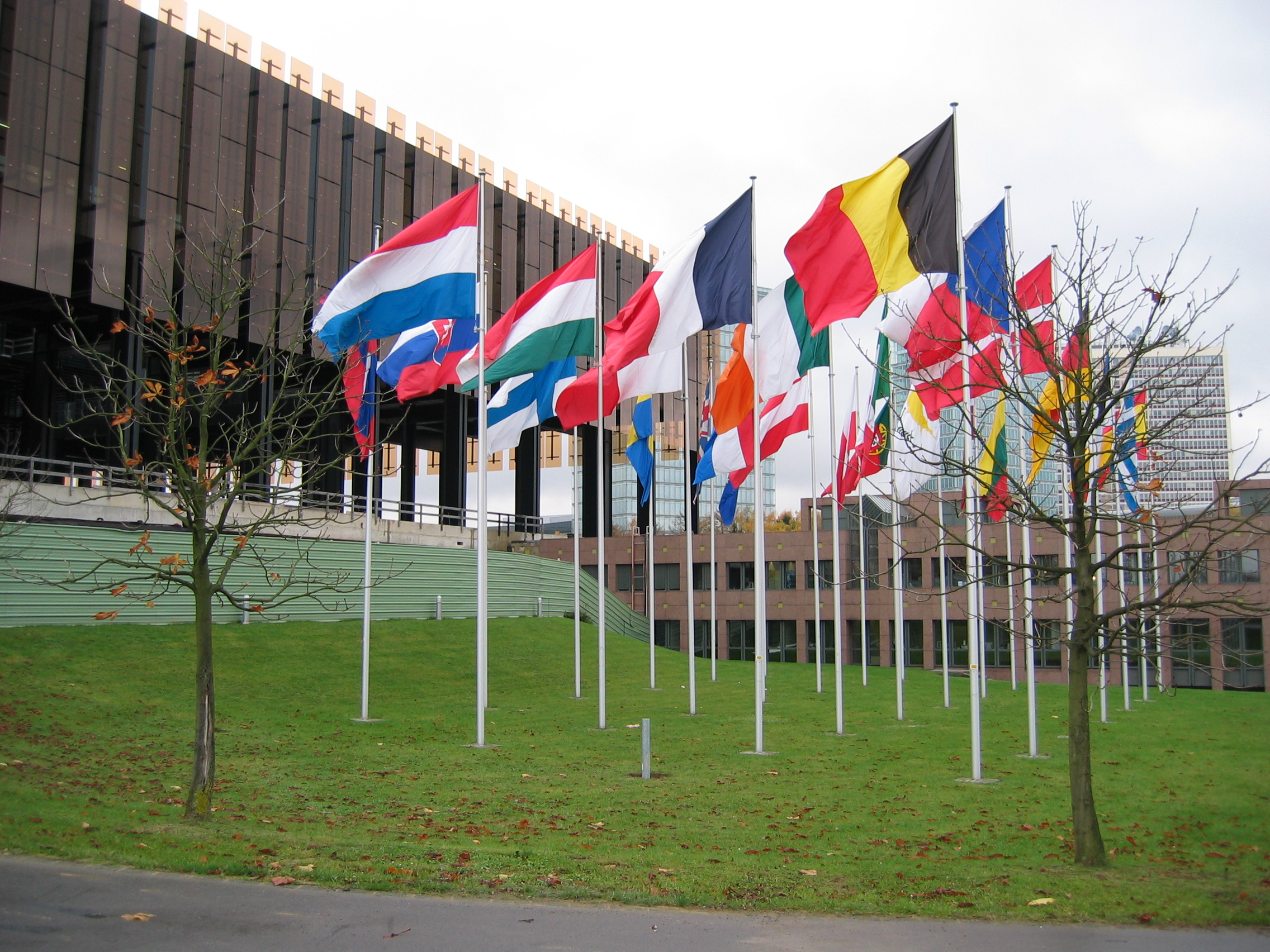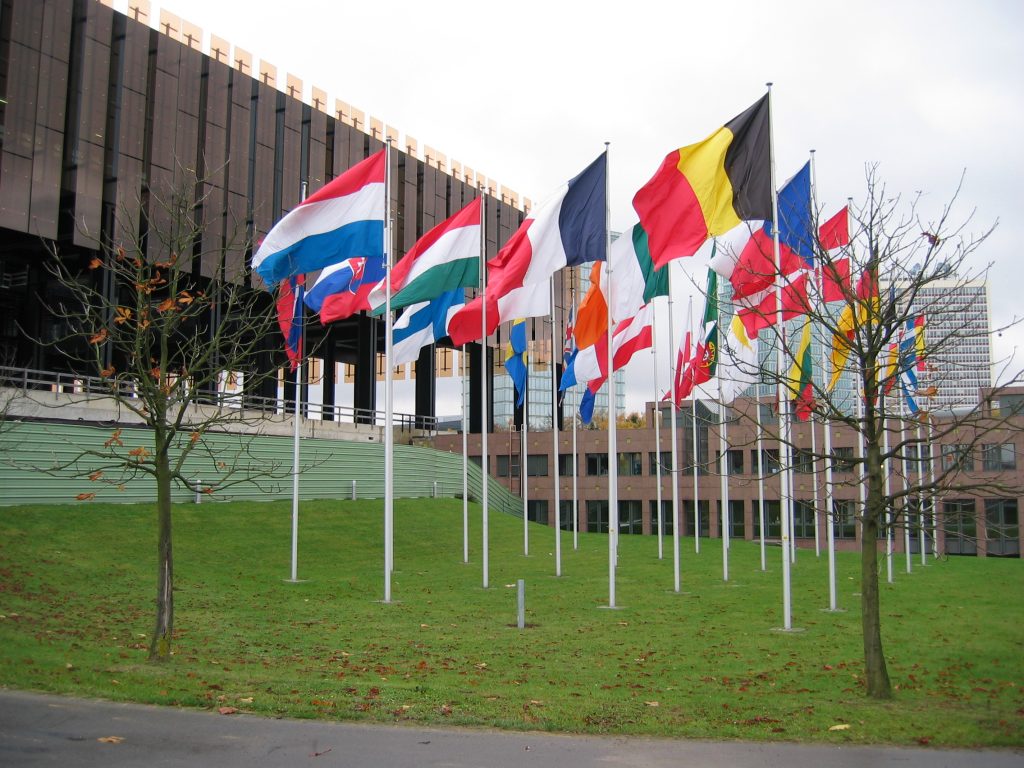The European Court of Justice (ECJ) has ruled that workplaces within the EU are free to ban hijabs and other visible religious dress. The decision comes after a case started in Germany by two Muslim women, both suspended from their jobs for choosing to wear hijab.
The ECJ says such a ban “may be justified by the employer’s need to present itself in a neutral manner to customers or to prevent social conflicts.”
One of the German Muslim women works as a special needs carer for a childcare centre, while the other is a cashier for pharmacy chain Mueller. Both chose to start wearing hijab after returning from parental leave. Their employers told them they were not to come to work wearing headscarves, so when the women continued to do so, they were suspended from their jobs.
The ECJ has previously ruled that companies can ban the wearing of visible religious symbols, including headscarves. The court said in 2017, “An internal rule of an undertaking which prohibits the visible wearing of any political, philosophical or religious sign does not constitute direct discrimination.”
The court argues a ban is not discrimination if it is applied to all faiths, only if it were to specifically target “the wearing of a large conspicuous garment or sign, such as a head covering,” for example. Therefore any policy should apply equally to skullcaps, turbans and crucifixes to ensure neutrality.
Despite these justifications, the ruling could allow for the exclusion of Muslim women and other religious minorities from positions that involve public interaction.
Maryam H’madoun is a senior policy officer at the Open Society Justice Initiative, which operates a team of human rights lawyers for Open Society Foundations. She argues that, “Laws, policies and practices prohibiting religious dress are targeted manifestations of Islamophobia that seek to exclude Muslim women from public life or render them invisible. Courts across Europe and the UN Human Rights Committee have emphasised that the wearing of a headscarf does not cause any form of harm that would give rise to a ‘genuine need’ by an employer to implement such practices.”
For John Dalhuisen, who directs Amnesty International’s Europe and Central Asia Programme, the ruling provides “greater leeway to employers to discriminate against women – and men – on the grounds of religious belief.”
Though the ECJ’s decision aims not to allow direct discrimination, it can certainly enable an indirect discrimination. Religious staff should not be expected to go against their own beliefs and practices for a public-facing role. If a workplace decides to establish a policy forbidding these practices, they prevent specific members of society from getting – or keeping – the job, while others are free to take the role. A policy which excludes workers who wear hijab or skullcap or turban, but not those who don’t, is not at all as indiscriminate as the ECJ likes to make out.
The Conference of European Rabbis added, “With the rise of racially motivated incidents and today’s decision, Europe is sending a clear message; its faith communities are no longer welcome.”
Philip English, is a member of the YCL’s Manchester Branch




